I'm pretty critical of Taiwan's leadership here: they had more than two years to think about this problem, but they didn't learn from the rest of the world and were woefully underprepared to hold an election during a pandemic. 65k people were denied the right to vote as a result.
That is indefensible. It is long past time for Taiwan to introduce alternative ways to vote for citizens who can't physically access their polling stations. Korea and Japan share similar electoral administrative features, but they are way ahead of Taiwan now.
The rest of this piece appears at Taiwan Insight.
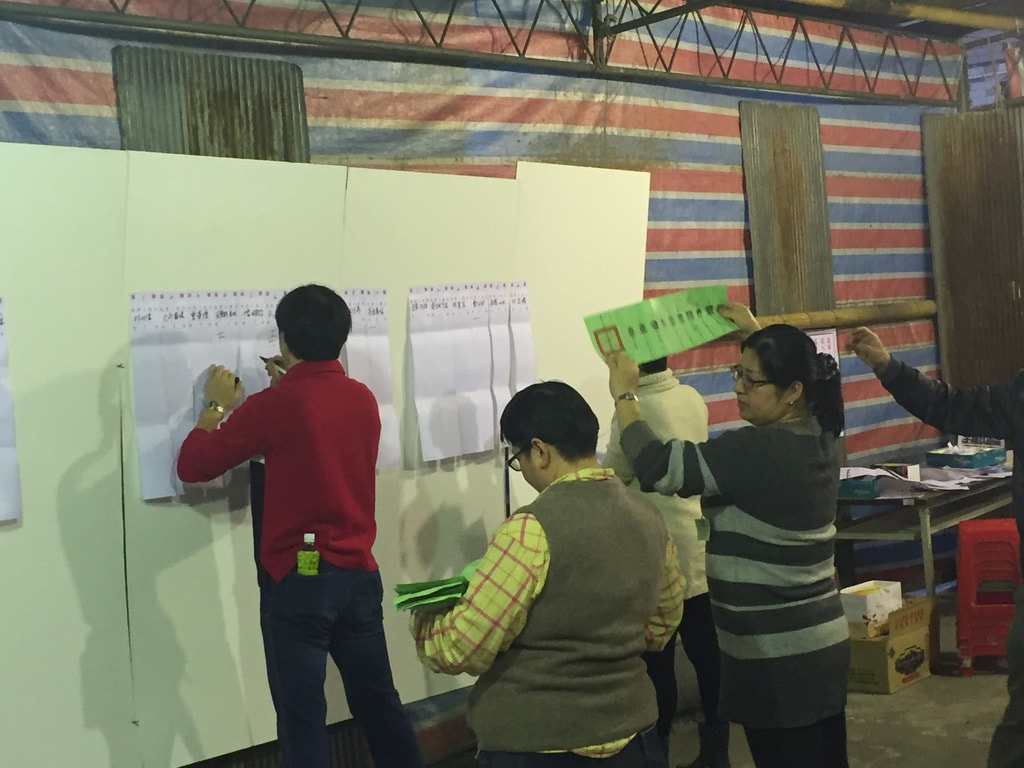
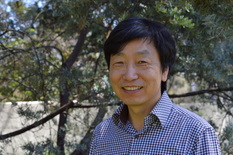
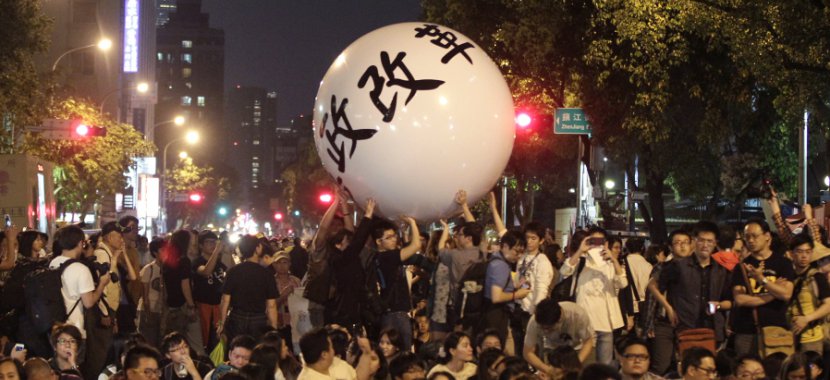
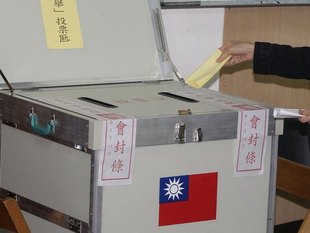

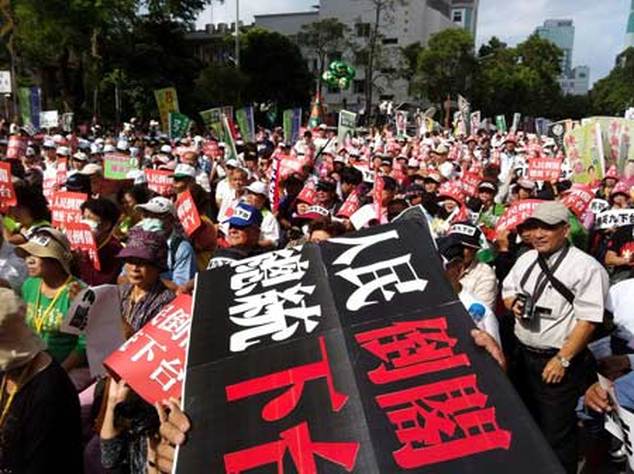

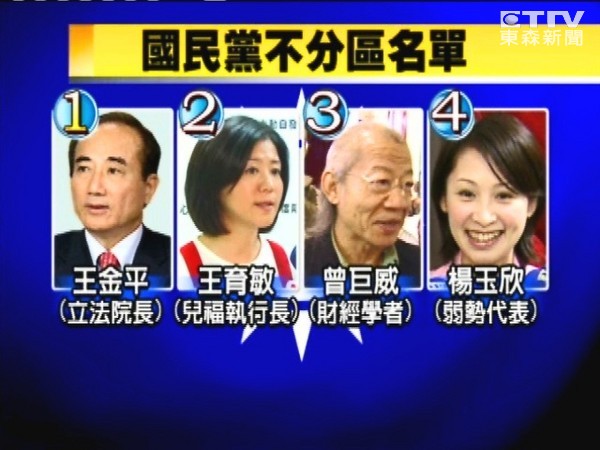
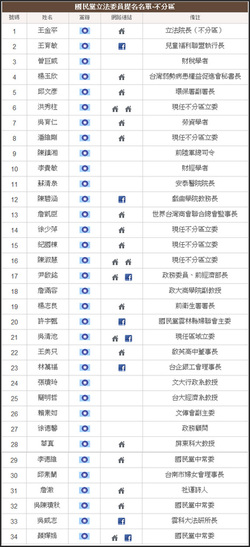
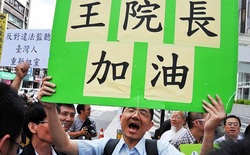
 RSS Feed
RSS Feed
